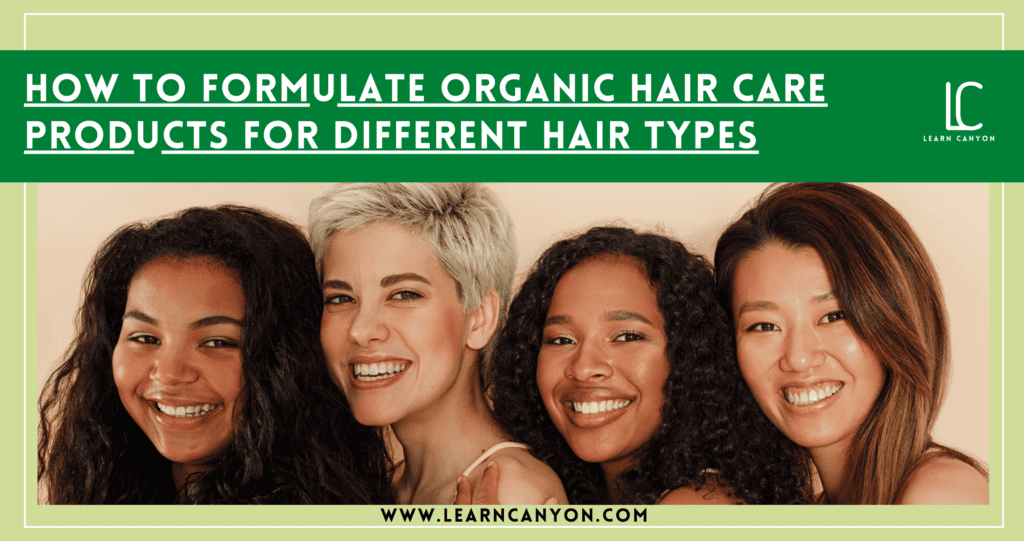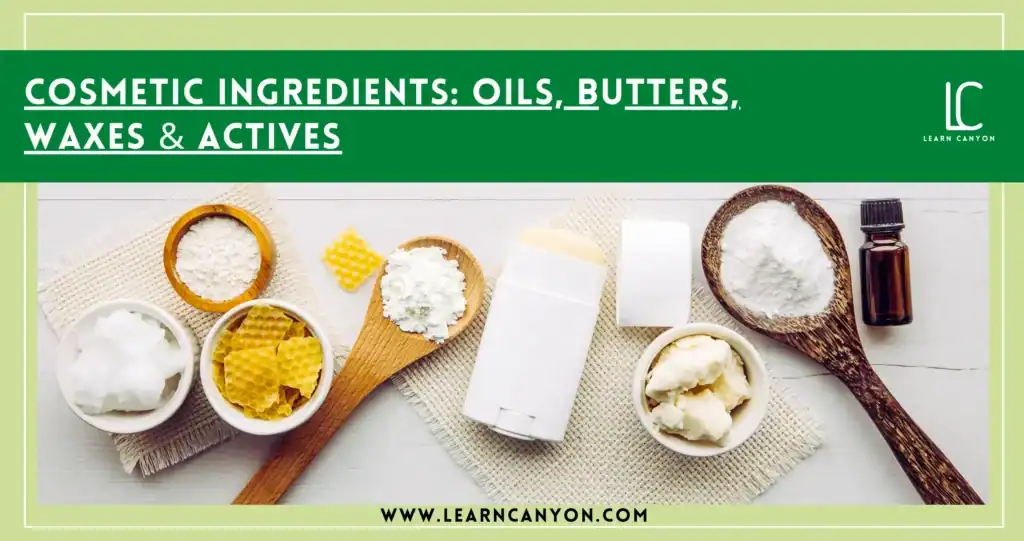Healthy hair has deep roots and a longer growth cycle, which is why we all hunt for organic hair care products. Hair care products are being used in the same way that skin care products were in the past.
We should constantly use soft, light hair care products on those magnificent tresses because these organic hair care products are neither detrimental to our health nor the environment.
Your hair is vital to your overall health and well-being because it is one of the first parts of your personality that others may notice. Your personality and self-esteem are defined by how healthy and colorful your hair is. Healthy hair is a statement of confidence and allows others to see you favorably.
This is only feasible if you use organic hair products, which are chemical-free and do not harm hair health in the long run.
By using natural ingredients that have been scientifically developed, organic hair care products can undo the harm that pollution, dirt, overuse of harmful ingredients, excessive styling, and other factors have done to the health of your hair and scalp, leaving them healthy, shinier, and looking their best.
Establishing the Importance of formulating hair care products based on hair types.
For a number of reasons, it is crucial to formulate hair care products according to hair types, as this enables more efficient and customized care for various people.
Here are some of the key reasons why tailoring organic hair care products to specific hair types is important:
Customized Care: Individual hair types can differ greatly from one another. People can select items that are customized to meet their individual demands by using formulas designed for particular hair types.
Better Outcomes: Hair type-specific products have a higher chance of producing the intended effects. Products designed for a specific hair type are more likely to deliver the intended results when it comes to managing problems like dryness, frizz, or volume.
Prevent Damage: Damage can be caused by using products that aren’t right for your hair type. For example, using products meant for thick, wavy hair on someone with fine, straight hair can make their hair look oily and limp. They can prevent such problems by utilizing products that are appropriate for their hair type.
Healthier Hair: Haircare products with components that could potentially damage the hair or scalp are less likely to be present when they are tailored to the individual’s hair type. Over time, this encourages stronger, healthier hair.
Cost-Efficiency: It may not be necessary to use too many products if you choose the ones that are best for your hair type. In the long term, this can save you money and provide satisfaction.
Market Competitiveness: Businesses who offer products for different hair types have an advantage in the fiercely competitive haircare market. They can draw in a wider range of clients and meet the rising need for specialized haircare.
Scientific Approach: Understanding the distinctive qualities of various hair types and conducting scientific study are frequently necessary when formulating products based on hair kinds. This results in the creation of increasingly sophisticated and efficient product.
The different hair types can be differentiated as
Straight Hair
Wavy Hair
Curly Hair
Kinky or coil like Hair
Fine Hair:
Medium Hair
Thick Hair
Porous Hair
Several factors can influence and determine an individual’s hair type, texture, and overall hair health. These factors include:
Genetics
Ethnicity
Hormones
Age
Environmental Factors
Other factors that also affect us and cause changes in our hair type are our general Health and Nutrition provided or lacked as a result of our food intake.
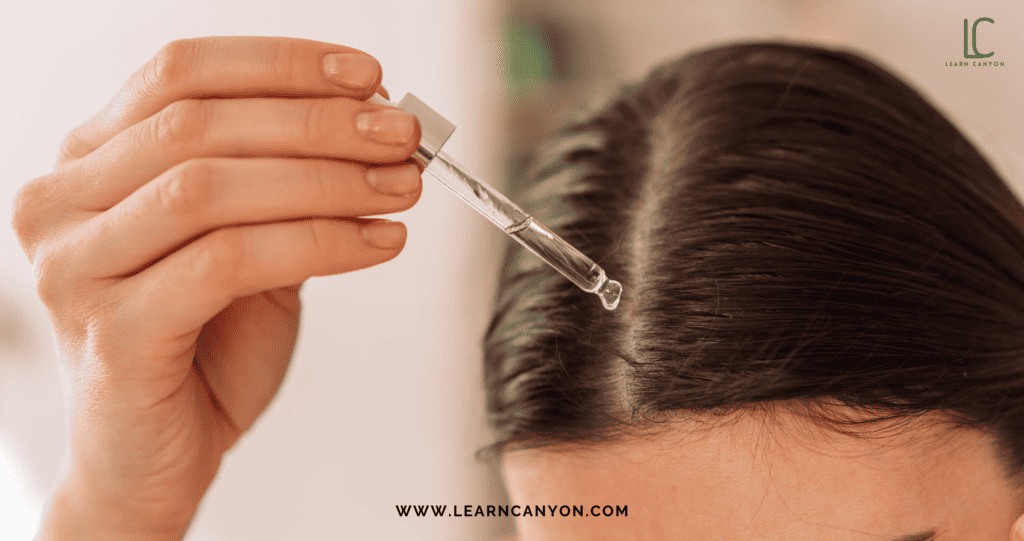
How Import is it to identifying hair types when formulating haircare products?
Let us now understand how important it is to identify hair types and list some crucial points to consider when formulating haircare products.
Customising Formulations:
Different hair types have unique characteristics, such as texture, porosity, and thickness. Identifying these differences allows haircare product developers to create formulations that address the specific needs of each hair type.
Enhanced Product Performance:
Haircare products that are tailored to specific hair types are more likely to perform well.
Selection of ingredients:
A haircare product’s effectiveness can be greatly impacted by the ingredients it contains. Formulators can choose the best components, like natural oils, silicones, proteins, or humectants, to accomplish the desired effects for each type of hair by having a thorough understanding of hair types.
Marketing and branding:
Businesses can efficiently promote their products to a wider audience by identifying and catering to different varieties of hair. They might establish a reputation for providing individualized solutions and market themselves as haircare authorities.
Research and Development:
Continual research and development activities are frequently necessary when formulating products based on hair types. This may spur innovation in the sector as businesses seek to develop fresh approaches and better products for a range of hair types.
Improved Hair:
Targeted formulations can aid in enhancing the quality of hair. For example, determining that a person has low porosity hair can help develop treatments that more effectively penetrate the hair shaft, improving overall health and hydration of the hair.
Preventing Damage:
One way to help prevent damage is to formulate products that are specific to the demands of a given hair type. For instance, a heat protectant used for style can lessen the chance of heat-induced damage, while a conditioner made for colour treated hair may include ingredients that shield the hair from fading.
When developing haircare products, knowing what types of hair to target is crucial to producing efficient, client centered solutions that result in hair that is healthier, easier to maintain, and more appealing. By offering customized solutions, this strategy not only helps customers but also presents revenue potential for haircare industry businesses.
Here are some Ingredients for Organic Haircare Products along with their properties and uses
With consumers becoming more aware of the materials they put on their hair and the potential effects beauty products may have on the environment, organic haircare products have been more and more popular in recent years. Usually made without artificial scents, parabens, sulfates, or synthetic chemicals, these products are made with natural and organic components.
Below is a summary of the many kinds of substances that are frequently found in organic haircare products:
- Organic Oils:
- Coconut Oil: This oil is deeply moisturizing and helps to condition hair, reducing frizz and preventing protein loss. It’s rich in fatty acids, making it an excellent natural conditioner.
- Argan Oil: Known for its high content of vitamin E and antioxidants, argan oil repairs damaged hair, adds shine, and helps to control frizz.
- Jojoba Oil: Jojoba oil closely resembles the natural oils produced by the scalp. It helps balance oil production, moisturizes the hair, and promotes a healthy scalp.
- Olive Oil: This natural oil moisturizes and adds shine to the hair. It can also help reduce hair breakage and improve hair elasticity.
- Herbal Extracts:
- Aloe Vera: Aloe vera soothes the scalp and promotes hair growth. It’s rich in vitamins and minerals and provides a calming effect for irritated scalps.
- Chamomile: Chamomile extract brightens hair, soothes the scalp, and adds a subtle shine. It’s particularly beneficial for enhancing the color of blonde hair.
- Lavender: Lavender extract promotes healthy hair growth, helps reduce dandruff, and has a relaxing and calming effect on the mind and scalp.
- Rosemary: Rosemary extract stimulates blood circulation in the scalp, promoting hair growth and overall hair health.
- Plant-Based Proteins:
- Keratin: Keratin protein helps strengthen and repair damaged hair, making it smoother and less prone to breakage.
- Quinoa: Rich in amino acids, quinoa protein helps repair and protect the hair, adding strength and shine.
- Soy Protein: Soy protein improves hair’s strength and elasticity, making it less prone to damage and breakage.
- Essential Oils:
- Lavender Oil: Lavender essential oil promotes hair growth and has a soothing and calming fragrance.
- Tea Tree Oil: Tea tree oil is known for its antimicrobial properties and is used to combat dandruff and soothe an itchy scalp.
- Peppermint Oil: Peppermint oil stimulates the scalp and improves blood circulation, promoting hair growth and a refreshing sensation.
- Eucalyptus Oil: Eucalyptus oil can help with hair growth and dandruff control while providing a fresh, invigorating scent.
- Fruit Extracts:
- Acai Berry: High in antioxidants, acai berry nourishes the hair and protects it from environmental damage.
- Pomegranate: Pomegranate extract offers protection against UV damage and adds natural shine to the hair.
- Grapefruit: Grapefruit extract clarifies the scalp and promotes hair growth, and it is refreshing scent is invigorating.
- Honey and Beeswax: Honey and beeswax act as natural humectants, helping to lock in moisture, making hair soft, and adding a healthy shine.
- Vitamins and Minerals:
- Vitamin E: Promotes hair growth and adds shine while protecting hair from free radicals and UV damage.
- Biotin: Biotin strengthens hair, reduces breakage, and supports overall hair health.
- Panthenol (Pro-Vitamin B5): Improves moisture retention and flexibility in the hair, preventing damage and split ends.
- Clays and Mud: Ingredients like bentonite clay and rhassoul clay are used to cleanse the scalp, remove impurities, and detoxify hair, leaving it clean and refreshed.
- Organic Aloe Vera Gel: Aloe vera gel is soothing and hydrating for both hair and scalp, reducing irritation and promoting overall hair health.
- Hydrosols: Floral waters like rosewater or lavender water have pleasant scents and can add a gentle fragrance to haircare products while providing additional hair benefits.
These natural and organic ingredients offer a range of benefits, from nourishing and moisturizing to promoting hair growth and soothing the scalp. Organic haircare products leverage these properties to provide effective and environmentally friendly alternatives to traditional haircare products.
Creating organic haircare products tailored to different hair types involves careful formulation and the use of specific natural ingredients to address individual needs.
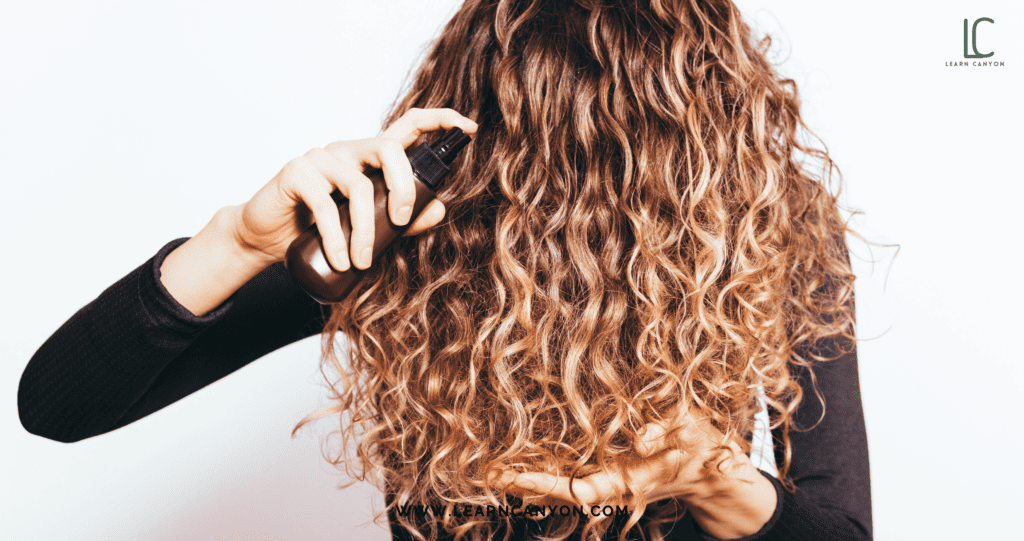
Guidelines for creating organic haircare products for different hair types
- Identify Target Hair Types: Understand the specific hair types and concerns you want to address with your products. Common categories include dry/damaged, oily, fine/limp, curly/frizzy, and sensitive scalp.
- Research and Ingredient Selection:
Look into and choose organic substances that are well-known for helping the specific type of hair. See the ingredient lists already mentioned in this discussion for appropriate choices.
Take into account each ingredient’s characteristics and advantages as well as how they can assist the desired hair kind. For example, shea butter and avocado oil for dry hair, tea tree oil and witch hazel for oily hair, rosemary and aloe vera for fine hair, coconut oil and flaxseed extract for curly hair, and aloe vera and chamomile for a sensitive scalp.
- Formulation:
- Develop formulations that balance the selected ingredients to achieve the desired effects for the hair type. Pay attention to the concentration of active ingredients.
- Ensure the products are gentle and pH-balanced to avoid irritation or imbalance on the scalp and hair.
- Avoid Harmful Ingredients: Stay true to the organic concept use ingredients that have Organic certifications that can help verify the purity of the ingredients used.
- Consider Packaging: Use environmentally friendly and recyclable packaging to align with the sustainability aspect of organic products.
- Fragrance Selection: Use natural essential oils for fragrance, taking into account the targeted hair type and any sensitivities. Lavender, rosemary, or chamomile for calming scents, for instance.
- Safety and Testing: Ensure that your products are safe for use and conduct thorough testing to confirm their effectiveness. This can include stability testing, patch testing, and clinical trials if possible.
- Clear Labeling: Clearly label the product with information about its intended hair type, key ingredients, usage instructions, and any organic certifications. Transparency is essential for consumer trust.
- Sustainability: Consider sustainability in all aspects of your product, from ingredient sourcing to manufacturing and packaging. Highlight your commitment to eco-friendly practices.
- Compliance with Regulations: Ensure your products comply with local and international regulations and safety standards for cosmetics and personal care products.
- Customer Feedback: Encourage customer feedback and reviews to continually improve your products and address any issues or concerns.
Tips for adjusting formulations based on individual needs
Adjusting organic hair care formulations based on individual needs can help you achieve the best results for your specific hair type and concerns.
Start by determining whether your hair is fine or coarse, straight or curly, oily or dry, and whether you have specific concerns like dandruff or hair loss. This information will guide your formulation adjustments.
- Analyse your scalp: Take note of your scalp’s health. You might need to use hydrating products if it’s flaky and dry. Look for formulas that limit the production of more oil if it is already oily.
- Select suitable base ingredients: Aloe vera, coconut oil, shea butter, and essential oils are common natural substances used as base components in organic hair care products. Select ingredients based on your goals and hair type.
- Customize essential oils: Essential oils can be added to formulations for specific benefits like the use of lavender oil can promote hair growth, tea tree oil can help with dandruff, and rosemary oil can improve circulation to the scalp. Tailor your essential oils based on your needs.
- Experiment with natural thickeners: Consider adding natural thickeners like guar gum or xanthan gum to your formulations.
- Consider using clays: Clays like bentonite and kaolin can be added to for their detoxifying and oil-absorbing properties.
- Use herbal infusions for hair growth or scalp health.
- Keep records: Keep a log of the ingredients and formulations you’ve tried and their effects on your hair. This will help you refine your recipes over time.
- Be patient and observant: Hair care is a journey, and it may take some time to find the perfect organic formulation that works for you. Be patient and observant of your hair’s response to different products and adjust as needed.
Remember that individual needs and preferences vary, so it may take some trial and error to find the best organic hair care formulations for a particular hair condition.
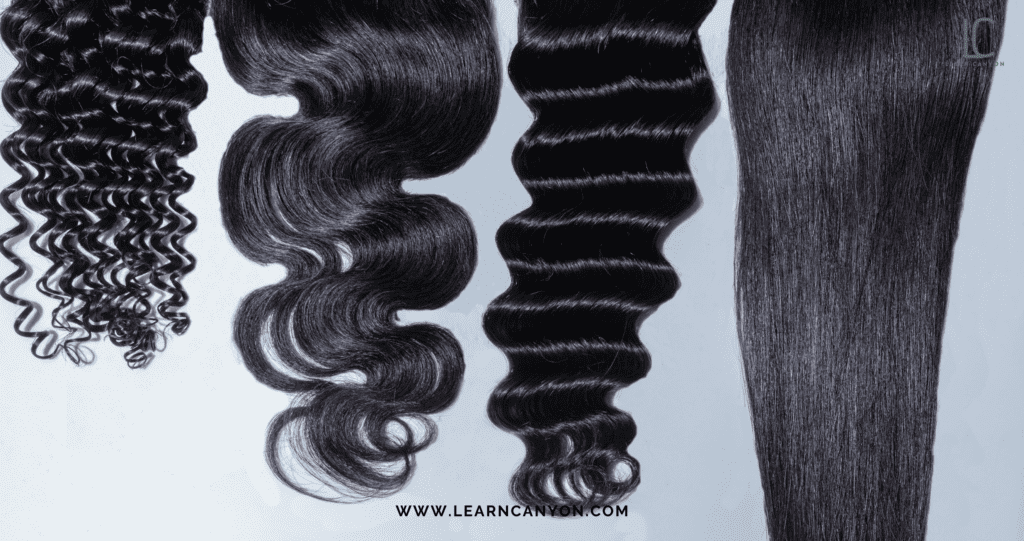
Maintaining Healthy Hair with Organic Hair Care Products:
Use Products Consistentlyas they may take time to show results. Be consistent with your routine to see improvements.
Avoid Overwashing
Always Use a good conditioner.
Limit Heat Styling.
Protect from UV damage due to sun exposure.
Trim your hair regularly to control split ends.
Consume a balanced diet rich in vitamins and minerals to support hair health.
Handle your hair gently when detangling and brushing.
Always keep in mind that one person’s solution might not be true for another, so customize your organic hair care regimen to your unique requirements and preferences. Try out several products and techniques to see which hair regimen works best for you.




